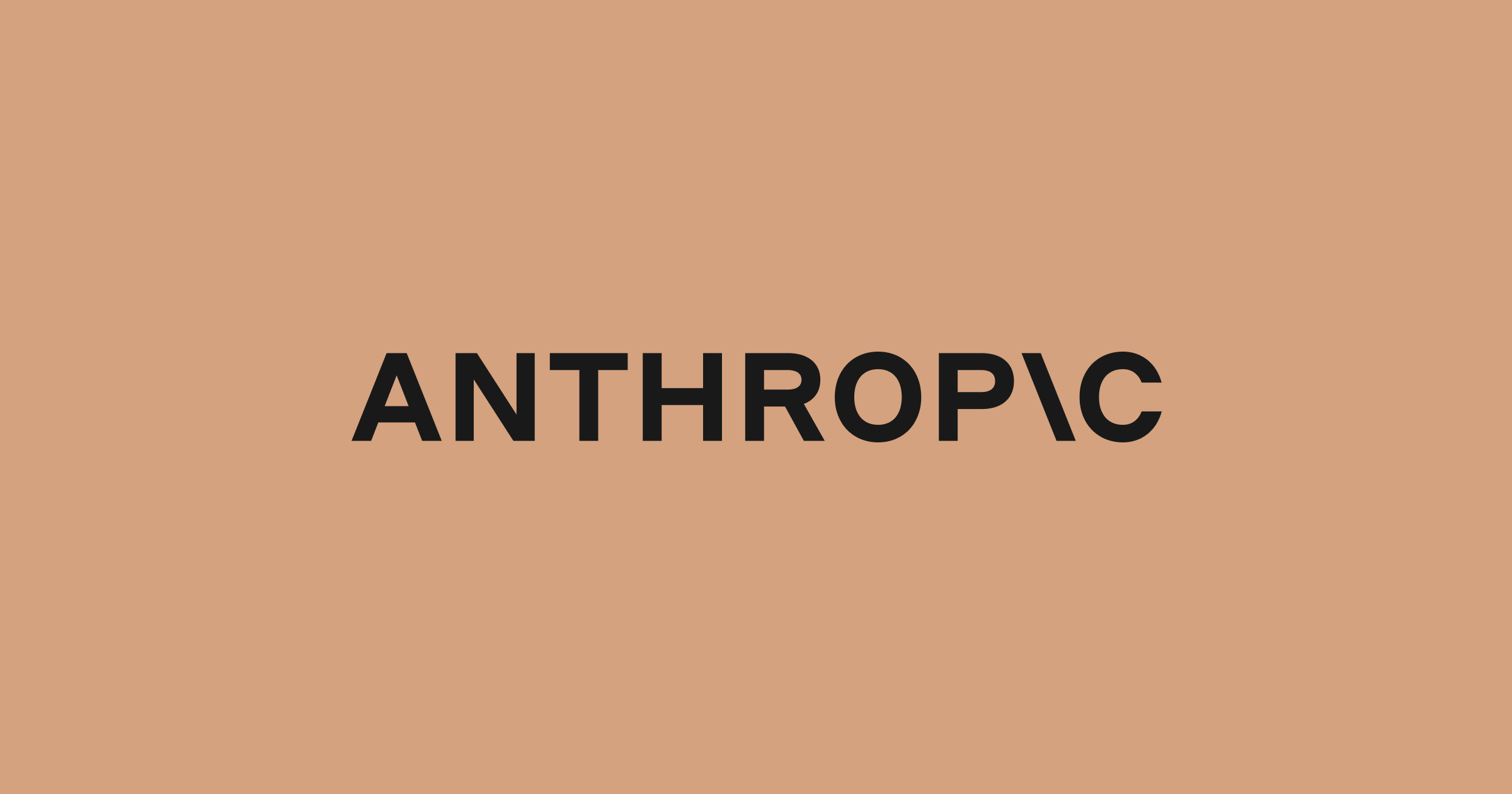A federal judge in San Francisco has delivered a significant victory for Anthropic in a closely watched copyright lawsuit, ruling that the company's use of books to train its artificial intelligence system constitutes fair use under US copyright law.
US District Judge William Alsup sided with the AI company on Monday in a decision that addresses a pivotal question facing the technology industry. The judge determined that Anthropic made fair use of books by authors Andrea Bartz, Charles Graeber and Kirk Wallace Johnson when training its Claude large language model.
However, the ruling was not entirely favourable to Anthropic. Judge Alsup also found that the company's storage of the authors' books in a "central library" violated their copyrights and did not qualify as fair use.
The case stems from a class action lawsuit filed by the three writers last year. They argued that Anthropic, which is backed by Amazon and Alphabet, used pirated versions of their books without permission or compensation to teach Claude how to respond to human prompts.
This lawsuit represents one of several legal challenges brought by authors, news outlets and other copyright holders against major technology companies including OpenAI, Microsoft and Meta Platforms over their AI training practices.
The doctrine of fair use permits the use of copyrighted works without the copyright owner's permission under certain circumstances. Fair use has become a key legal defence for technology companies, and Judge Alsup's decision marks the first judicial ruling to address this doctrine specifically in the context of generative AI.
AI companies maintain that their systems make fair use of copyrighted material to create new, transformative content. They argue that being required to pay copyright holders for their work could significantly hamper the rapidly growing AI industry.
Anthropic defended its practices in court, stating that it made fair use of the books and that US copyright law "not only allows, but encourages" its AI training because it promotes human creativity. The company explained that its system copied the books to "study Plaintiffs' writing, extract uncopyrightable information from it, and use what it learned to create revolutionary technology."
Copyright owners counter that AI companies are unlawfully copying their work to generate competing content that threatens their livelihoods.
Judge Alsup agreed with Anthropic's position on Monday, describing the company's training process as "exceedingly transformative."
"Like any reader aspiring to be a writer, Anthropic's LLMs trained upon works not to race ahead and replicate or supplant them – but to turn a hard corner and create something different," Judge Alsup stated in his ruling.
Neither Anthropic spokespeople nor attorneys representing the authors responded immediately to requests for comment following Tuesday's ruling announcement.
The decision establishes an important precedent as the AI industry continues to face scrutiny over its use of copyrighted material for training purposes, with numerous similar cases pending in courts across the IS.
Latest News
-
BAE Systems launches UK tech incubator scheme
-
Morrisons to launch real-time engagement tech across stores
-
Crypto exchange Gemini to cut workers, exit UK, EU and Australia amid market slump
-
Anthropic unveils Claude Opus 4.6 as enterprise AI race intensifies
-
Government to collaborate with Microsoft on deepfake detection framework
-
50% of firms will rehire staff laid off due to AI by 2027, predicts Gartner
The future-ready CFO: Driving strategic growth and innovation
This National Technology News webinar sponsored by Sage will explore how CFOs can leverage their unique blend of financial acumen, technological savvy, and strategic mindset to foster cross-functional collaboration and shape overall company direction. Attendees will gain insights into breaking down operational silos, aligning goals across departments like IT, operations, HR, and marketing, and utilising technology to enable real-time data sharing and visibility.
The corporate roadmap to payment excellence: Keeping pace with emerging trends to maximise growth opportunities
In today's rapidly evolving finance and accounting landscape, one of the biggest challenges organisations face is attracting and retaining top talent. As automation and AI revolutionise the profession, finance teams require new skillsets centred on analysis, collaboration, and strategic thinking to drive sustainable competitive advantage.
© 2019 Perspective Publishing Privacy & Cookies



.png)






Recent Stories